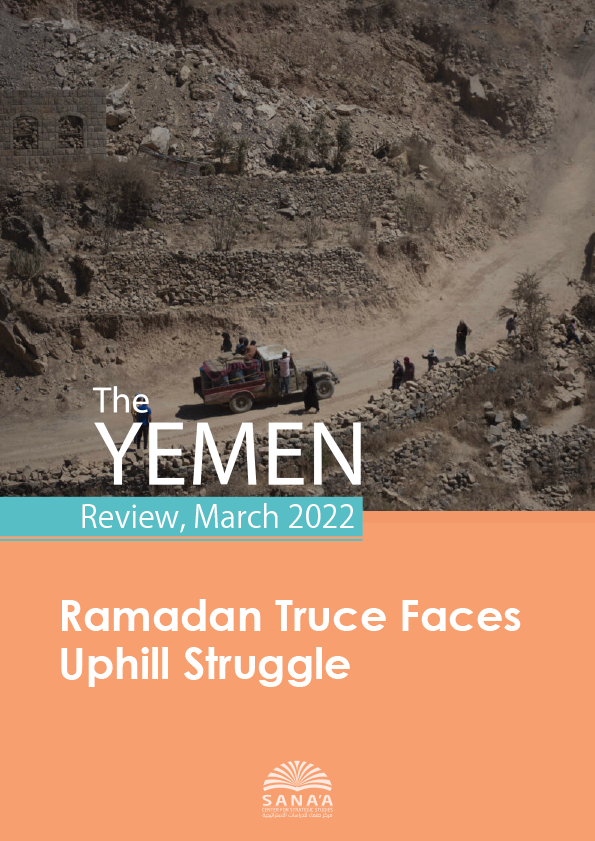March saw an escalation in cross-border attacks between Yemen and Saudi Arabia, with Houthi missiles and drones targeting Saudi oil and gas infrastructure, and the kingdom responding with airstrikes on Houthi-held areas in northern Yemen. However, the month ended on a hopeful note, with the warring parties declaring that they were entering, for the first time in more than seven years of war, a nationwide cease-fire. The truce, which commenced on April 2, the first day Ramadan, is set to last two months and includes a halt to military operations and cross-border attacks, in addition to the easing of coalition restrictions that would reopen Sana’a airport to commercial flights and allow fuel tankers to resume deliveries to the Houthi-held port of Hudaydah. Despite multiple early accusations of violations, there is hope that the cease-fire will provide Yemenis a reprieve from both the fighting and the three-month long fuel crisis that has gripped the country. The cease-fire also provides breathing space for peace consultations among anti-Houthi parties, brought together in Riyadh in late March and early April under the auspices of the six-state Gulf Cooperation Council.
Ramadan Truce Faces Uphill Struggle – The Yemen Review, March 2022
- The Yemen Review
- Publications
- Published on April 7, 2022
Houthis Hit Saudi Arabian Energy Facilities
Military and Security
Gov’t Says Prisoner Swap Deal With the Houthis Not Finalized
Politics and Diplomacy
The Economy & Finance
Economics
Amid a fuel crisis gripping Yemen, smugglers in Taiz make their way March 9, 2022, through a backroad in Al-Selw district from government to Houthi territory. A new Ramadan cease-fire calls for allowing tankers to offload fuel in the Houthi-held port of Hudaydah. //Sana’a Center photo by Ahmed Al Basha
This issue of the Yemen Review was prepared by (in alphabetical order): Ryan Bailey, Casey Coombs, Ali Al-Dailami, Tawfeek Al-Ganad, Andrew Hammond, Khadiga Hashim, Abdulghani Al-Iryani, Maged Madhaji, Farea Al-Muslimi, Elham Omar, Spencer Osberg, Ghaidaa al-Rashidy, Susan Sevareid, Ned Whalley and Wadhah Al-Awlaqi.



 اقرأ المحتوى باللغة العربية
اقرأ المحتوى باللغة العربية


